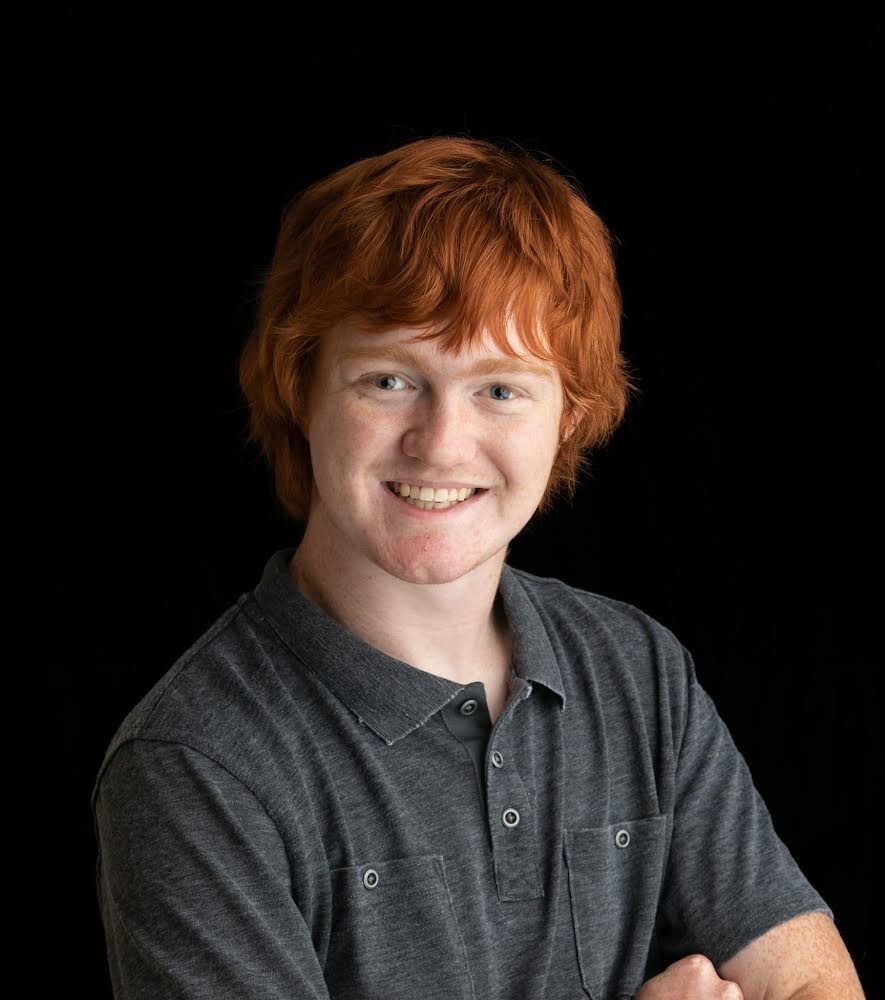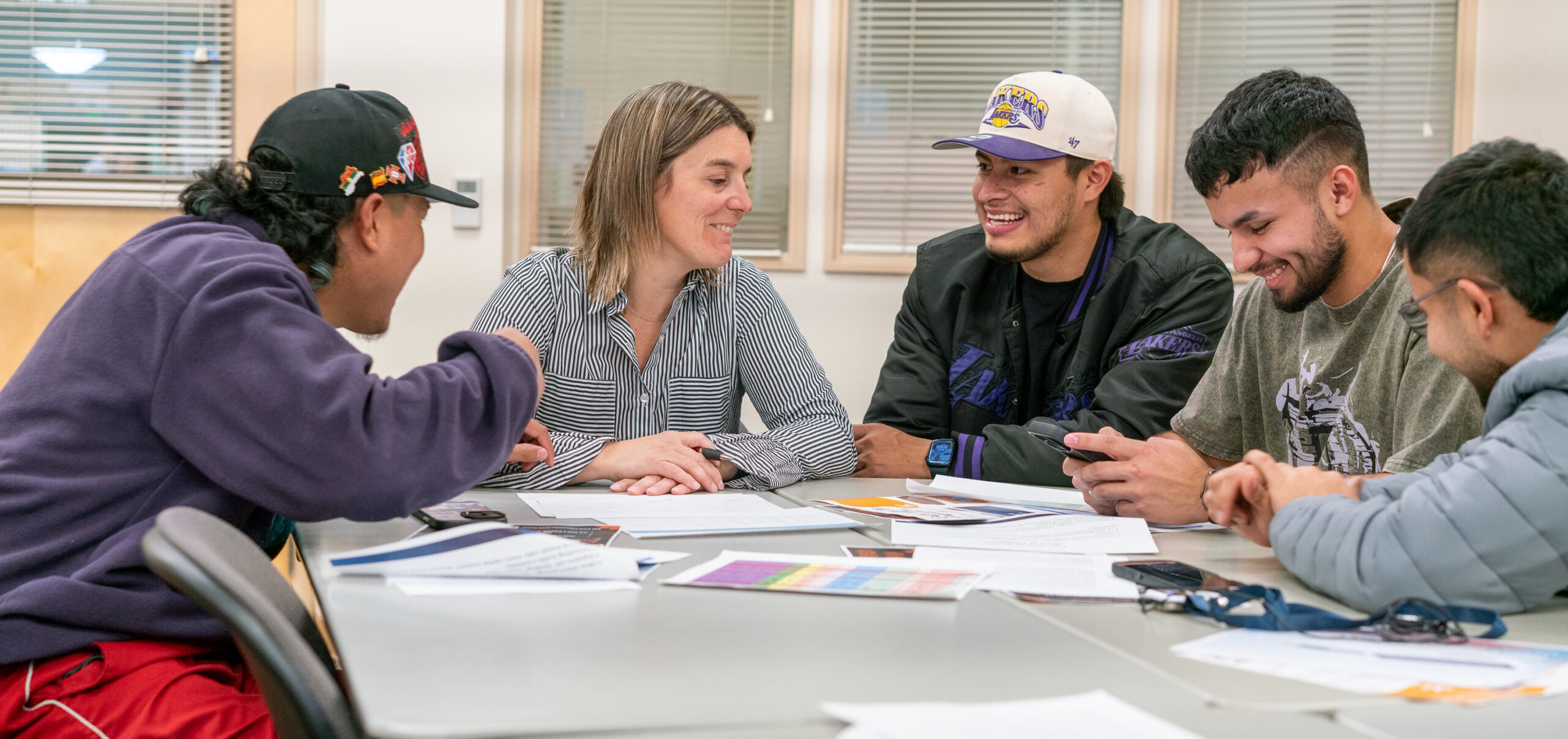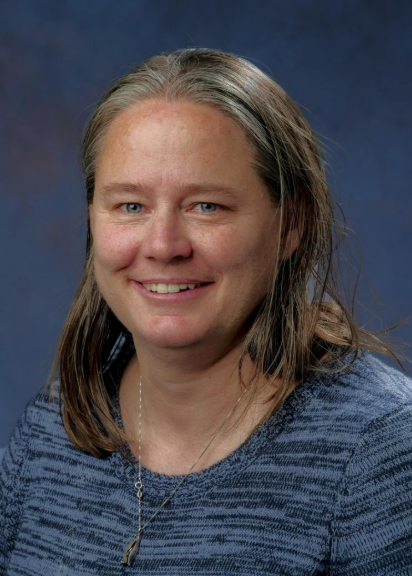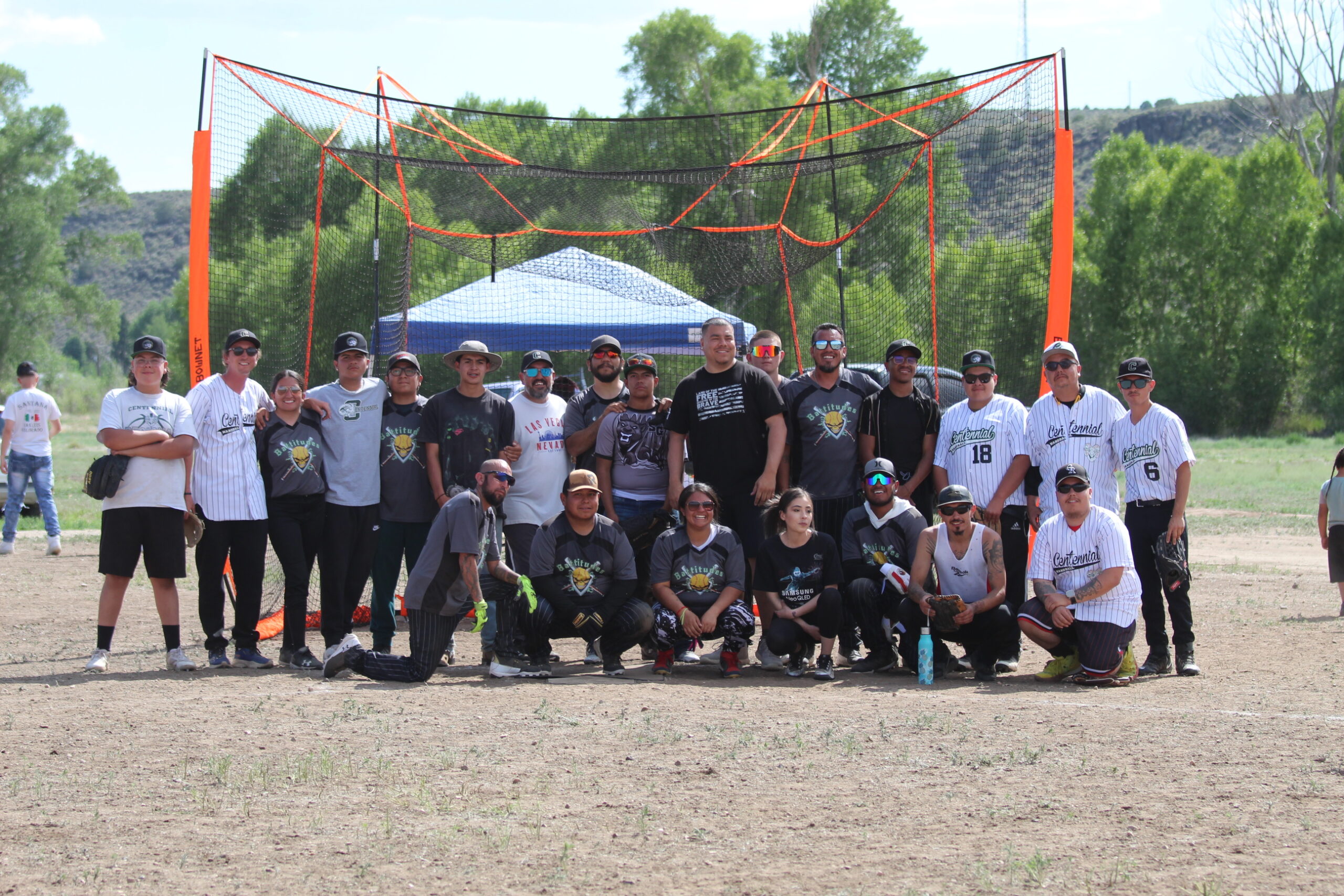In a world concerned with standards and conformity of behavior, Quincy Hansen argues for a more accommodating and accepting world. Quincy does not fit neatly into one category; he is as curious about the world as he is multi-faceted in his interests and talents.
From Thornton, Colorado, Quincy is not only a Boettcher Scholar studying Biology and entomology at Colorado State University, but he is also an autism advocate turned published author and frequent advisor and guest voice on projects aimed at increasing acceptance and participation of people with autism in society.
Whether he is helping young adults with autism find their voice in this world, delivering remarks at an autism perspective conference, musing about nuanced evolutionary biology topics, or heading out on a fossil prospecting trip, Quincy is a dynamic young leader who advocates for understanding of life on earth; beings big and small, extinct and extant, neurodiverse and not alike.
I recently sat down with Quincy to discuss his journey to this point, some of his current work (including the release of his upcoming book), and where he is headed next. Below are excerpts from our conversation.
Navigating the difference between school and academics
Can you tell me about your academic journey?
Between seventh grade and graduating high school, my narrative about myself switched from: Quincy will not graduate high school, to: class valedictorian. Middle school was not a conducive environment for me to learn. I was struggling academically, mentally, and socially, and we were struggling to access the right accommodations in school. It became so bad towards the end of seventh grade that I did not finish the academic year.
My dad knew that regardless of how it appeared in a middle school classroom, I was intelligent. He suggested enrolling me in Front Range Community College (FRCC), which we did. I achieved a 4.0 as an 8th grader in my first semester at FRCC, which was an immense confidence boost for me. It turns out, that I do pretty well in a lecture, rather than unaccommodating classrooms in a typical middle school. In a college class, I can go my own pace, and avoid the cruelty of middle school students; the maturity of fellow college students is much higher.
One of the classes I took at FRCC was intro-level biology. I loved the topics, and when I love something I am super enthusiastic about it. College-aged students would ask me for help, which again was a confidence boost.
After other unsuccessful attempts at integrating into new middle schools, I finally enrolled in Faith Christian Academy, which turned out to be fantastic. Instead of fights over educational goals and accommodations, they were flexible and they believed in me as a person, and saw me as an actual student. I received the accommodations I needed, I made great friends, I played on the football team, I was the bass player in the jazz band. And I became our class valedictorian.
Neurodiversity, writing, and advocacy
 Can you tell me about your relationship with writing and how being neurodiverse impacts that?
Can you tell me about your relationship with writing and how being neurodiverse impacts that?
It is easier to express myself in writing. I haven’t taken any advanced writing courses; I have a grasp of writing mechanics, and I don’t overthink it too much.
My internal thought process is very visual. When I think, it’s like watching a movie reel go by in my head; that’s how I process and understand ideas. It is a translational process to take those ideas from my head and use words to paint that imagery onto a blank page.
That does make me an unbelievably slow writer, but at the same time it ends up being a true expression. Perhaps people can get bogged down by the words themselves when they are writing and miss the concepts they are writing about. I start with the concepts and try to translate them into words.
Writing is freeing, to an extent. I have so much that goes in my head and when I can get it down and have a record of those concepts, that is great.
How did your advocacy career get started?
It has been a fantastic journey. I found myself answering the same questions about myself over and over again. So I figured, instead of doing that, why don’t I just write them down and send them a link. So, in High School I began writing the blog Speaking of Autism….
People with Autism process sensory information differently, and different behaviors are the product of the distinct way we receive and process that sensory information. The world can interpret these behaviors as needing to be fixed, when they only need to be understood more, accepted, and accommodated.
I began to realize that there was this whole advocacy movement surrounding autism and neurodiversity, and I had this great philosophical awakening on the topic.
At some point, a well-known autism advocate liked something that I wrote and they shared it on their page, which caused my blog to blow up in 2019. I woke up in the morning and I had hundreds of thousands of views and had emails in my inbox with people wanting to know if I had an email list or a Facebook page. I didn’t, because only a few people were regularly reading before that. I started to meet bloggers whose material I had always read, and I got invited for various speaking engagements at conferences, and things were taking off. Of course, the pandemic came which halted the in-person speaking and advising gigs.
But throughout the pandemic, I continued to write. I was eventually contacted by a publishing house that specializes in autism, neurodiversity, and special education to collaboratively develop a proposal for a book, which was eventually greenlit. It took me about 10 months to write, and it will be released in mid-July 2022.
Tell me about your book: Shake it Up! How to be young, autistic, and make an impact.
 Autism advocacy is gaining a lot of ground right now, yet there is not a specific resource for young people who are autistic or neurodiverse on how to sharpen their advocacy skills. So we crafted this first of its kind advocacy guide specifically targeting teens and young adults interested in leading change. It features interviews with young autistic leaders, and discusses issues like stereotypes, self-image, and communication barriers.
Autism advocacy is gaining a lot of ground right now, yet there is not a specific resource for young people who are autistic or neurodiverse on how to sharpen their advocacy skills. So we crafted this first of its kind advocacy guide specifically targeting teens and young adults interested in leading change. It features interviews with young autistic leaders, and discusses issues like stereotypes, self-image, and communication barriers.
The overall concept for Shake it Up was developed collaboratively with the publisher and the autism community. It seeks to build readers’ confidence to change the world around them. Despite the stereotype that people with autism live in our own worlds, Autistic people are very deeply connected with the world, and we process sensory and emotional inputs more intensely. There is a tendency for autistic people to accumulate encyclopedias of knowledge. We get very passionate about things that interest us and about injustices of the world. Greta Thunberg is a great case study. I think any reader will be able to get something out of it. I am so happy to have this contribution to the world.
Your advocacy career is obviously advancing, but you also have a focus on evolutionary biology in a research and academic setting. So, where are you headed next?
Advocacy has been a lot of fun, and it gives me a lot of meaning and purpose. I don’t believe this is my last book either. Trying to make a difference is so empowering, which is why I don’t see myself simply ending my involvement with advocacy. But I am more complex and multifaceted than that. I have other interests, and I am a scientist at heart. I want to study biology and the evolution of life on earth. Evolution is what drives me and gets me going. I want to make that my professional career, I want to have an impact on science and be a researcher. After undergrad, I intend to get my Ph.D. and become a professor.
But that doesn’t mean I have to abandon advocacy. In the meantime, the world has gotten comfortable moving events online, so I’ve been giving presentations, and participating in online panels; hopefully I can start doing more events in-person and get back to where I was two years ago.
One passion can support the other. It is a false dichotomy to think these two paths are distinct and separate.




